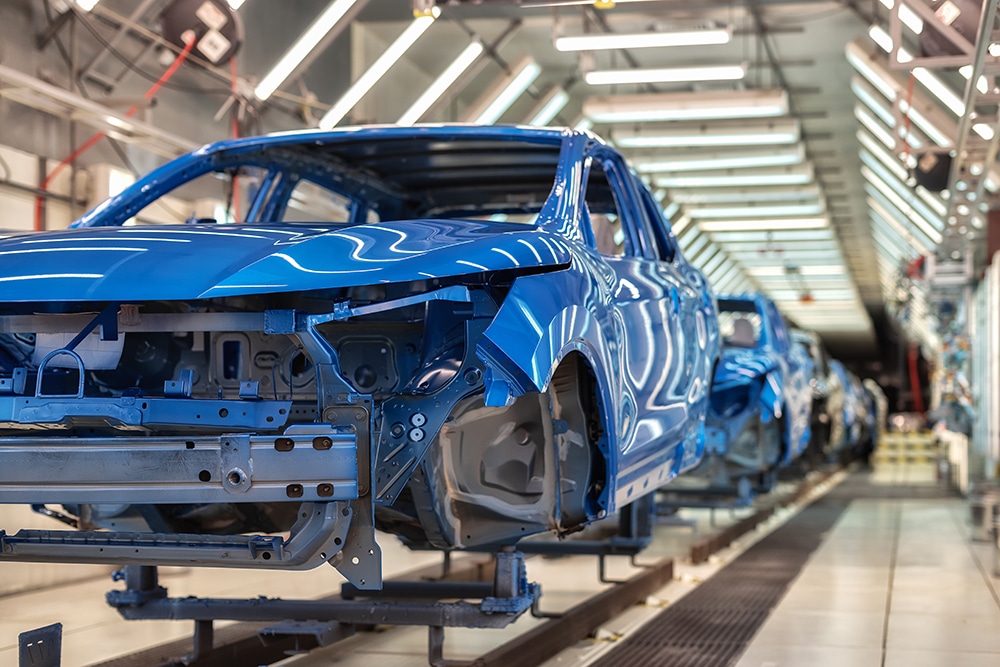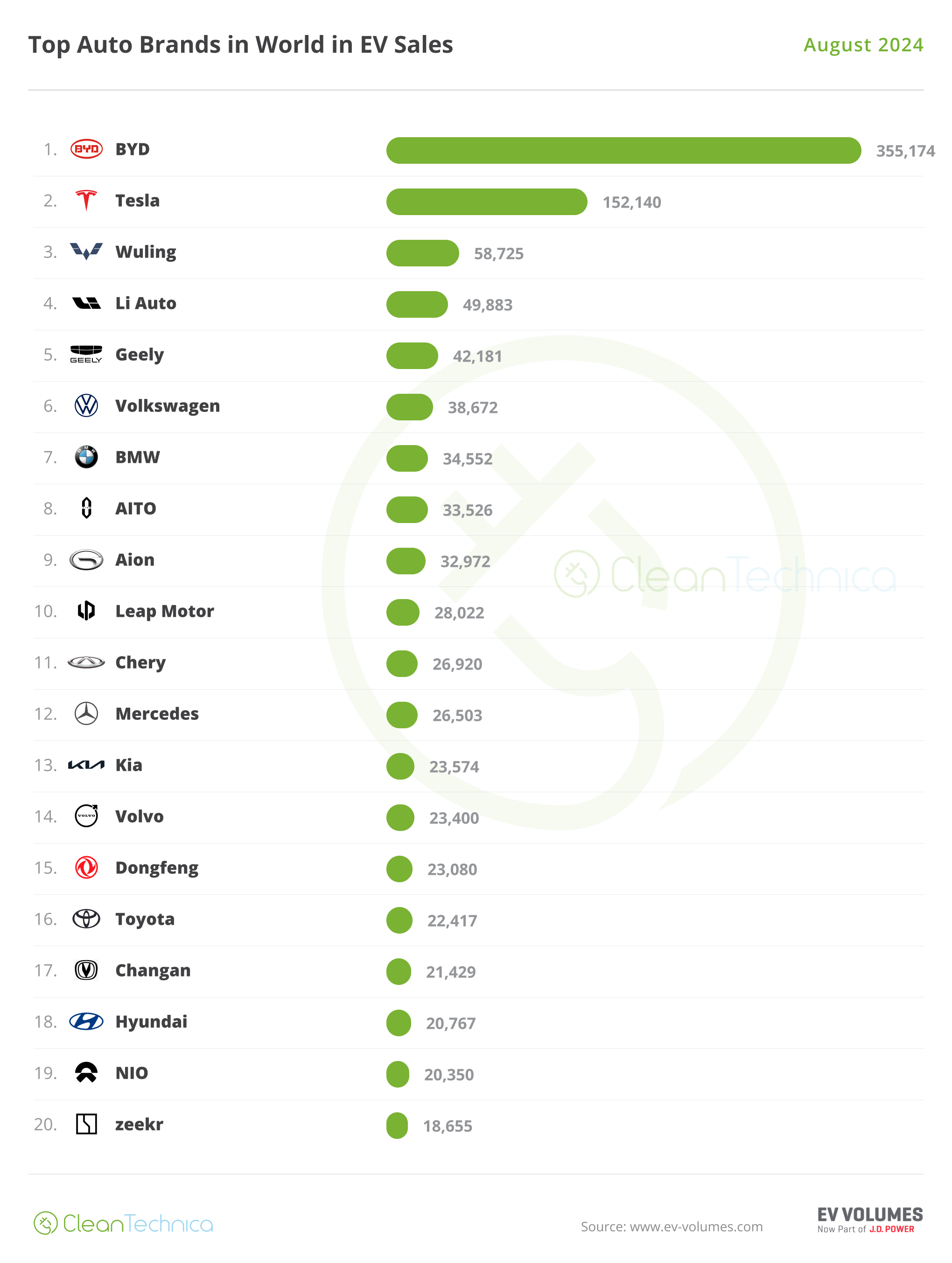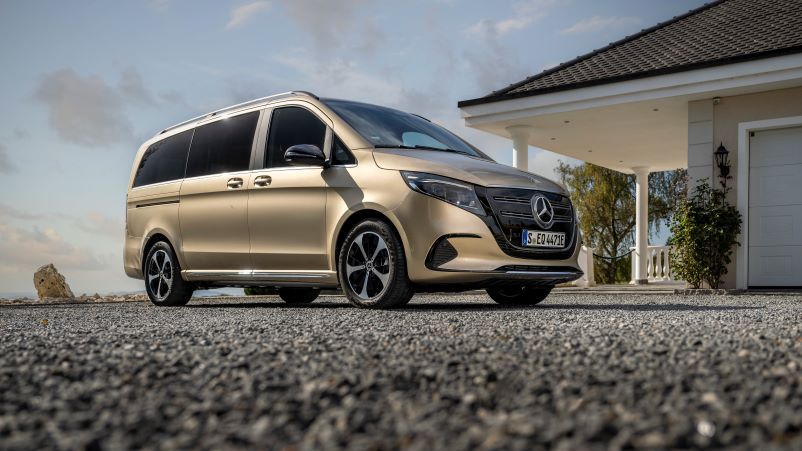Sources said that steel manufacturing entities in northern Europe are unlikely to seek price increases on hot rolled coil until July, despite events since May that could create conditions to raise them. “If you do that, you seem very opportunistic,” one source told MetalMiner. Mills were seeking €630-650 ($675-695) per metric ton EXW in late May, up from earlier quotes of €620-630 ($665-675) that month, though there are currently few takers.
On May 31, the European Commission, the executive body of the European Union, announced its plans to introduce a 15% cap on HRC imports from other countries per quarter against its total annual quota. A second EU steel manufacturing source told MetalMiner that this equates to approximately 140,000 metric tons. “This will impact the structure of imports into the market,” the source added.

While the cap is likely to impact imports from East and Southeast Asia, the source remarked that the primary focus is Vietnamese steelmakers, which continue to heavily targeted Europe. The same source noted that offers from Japanese, Taiwanese, and Vietnamese mills are now about €645 ($690) per metric ton CRF at Italian ports. European mills’ holding off on any price rises could thus result in their products becoming much more attractive than imports.
The steel industry is always fluctuating, as is steel manufacturing output. Do you know which market conditions are best with different steel contracting mechanisms? Check out our best practices on this topic!
Steel Manufacturing Hopes to Benefit from Tariffs, Rate Cuts
In addition to the steel import caps, the EC also introduced provisional import tariffs of 17.4-31.8% on Chinese electric vehicles, citing excessive subsidies and the fact that vehicles from the region are up to 20% less expensive than those from European producers. A June 12 Reuters report noted, “The EU provisional duties are set to apply by July 4, with the investigation set to continue until Nov. 2, when definitive duties, typically for five years, could be imposed.”

Higher prices on electric vehicles from China could also make vehicles from within Europe more competitive, thus pushing up demand for autobody from mills. One of hot rolled coil’s applications is as feedstock for cold rolled coil and, subsequently, hot dipped galvanized sheet, the latter of which the automakers use to build vehicles. However, a difficult economic climate in Europe, which includes a slowing German economy as well as record high interest rates by the European Central Bank (ECB), continues to prevent mills from raising their prices. “In practice, demand is dead all over Europe,” one source said.
ECB’s Bold Rate Cut to 3.75% Shakes Investor Confidence
On June 6, The European Central Bank cut its deposit rate 3.75% from 4%, despite concerns that inflation in the Euro Zone would stay above its 2% target until late 2025.” The move has actually weakened investor confidence about further rate cuts. Indeed, a recent Reuters report indicates that there is only one more fully priced in before the end of 2023.
The same report noted that only one central bank governor of the constituent member states voted against cutting the ECB rate, while other policymaker said they might have voted to hold rates.
Stay ahead of steel manufacturing changes! MetalMiner’s MMI report includes 10 metal price reports and can be used as an economic indicator for contracting, price forecasting and predictive analytics. Sign up here.




